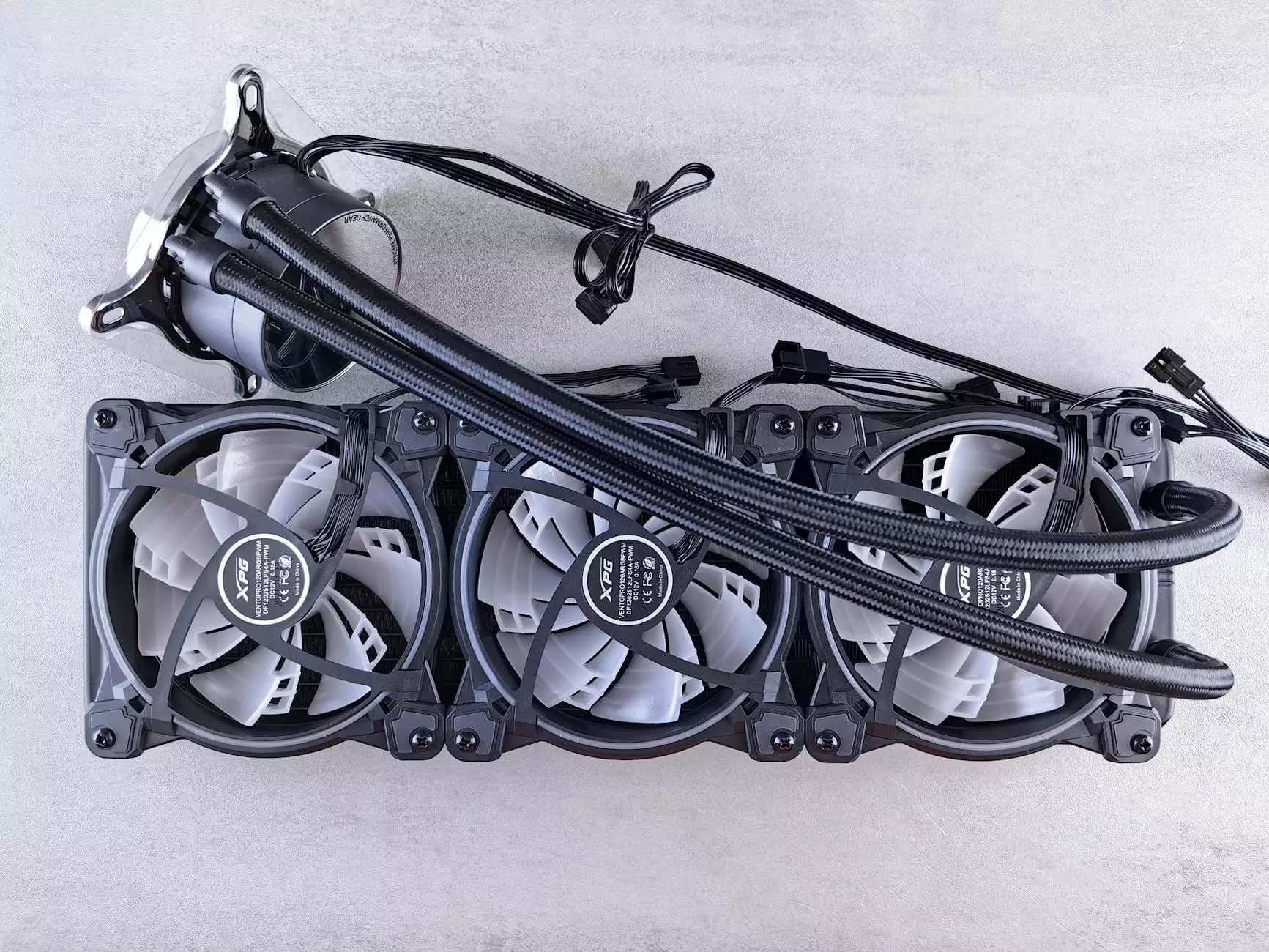Understanding the Importance of Car Body Parts Manufacturers

In the vast realm of the automotive industry, the role of car body parts manufacturers cannot be overstated. They are the bedrock of vehicle production, providing critical components that ensure both functionality and safety. This article delves deep into the significance of these manufacturers and their contributions to vehicle performance, longevity, and safety. By understanding their role, businesses like imautoparts.com can make informed decisions about sourcing and partnerships.
1. Overview of the Automotive Industry
The automotive industry is a complex ecosystem driven by innovation, technology, and consumer demands. Manufacturers of all sizes contribute to this dynamic market, but it is the car body parts manufacturers that provide the essential components which allow vehicles to operate safely and efficiently.
2. The Role of Car Body Parts Manufacturers
At its core, the production of automobile components is a sophisticated process involving design, engineering, and manufacturing. Here are several key roles that car body parts manufacturers fulfill:
- Design Innovation: They leverage cutting-edge technology to create innovative parts that enhance vehicle aesthetics and performance.
- Quality Assurance: Rigorous testing and quality control processes ensure that only the best parts reach consumers.
- Supply Chain Management: They are integral in managing the supply chain, ensuring timely delivery of components to manufacturers and repair facilities.
- Regulatory Compliance: They adhere to stringent regulations and standards that govern safety and environmental sustainability.
2.1 Types of Car Body Parts Manufactured
Car body parts can be classified into several categories, each serving a unique purpose:
- Structural Parts: Components like frames and panels providing the fundamental structure of the vehicle.
- Exterior Parts: Items such as bumpers, fenders, and hoods that dictate the car's aesthetic appeal.
- Interior Parts: Including dashboards, door panels, and seating elements crucial for passenger comfort and safety.
- Mechanical Components: Such as brackets and reinforcements that support engine and suspension systems.
3. Importance of Quality in Car Body Parts Manufacturing
The quality of car body parts directly influences the overall safety, durability, and performance of vehicles. Manufacturers must adhere to internationally recognized quality standards, such as ISO 9001, to maintain high production standards. Quality assurance involves several processes:
- Material Selection: Using high-quality materials to withstand wear and tear.
- Precision Engineering: Ensuring parts fit perfectly to avoid operational issues.
- Testing Procedures: Implementing rigorous testing protocols to evaluate performance under various conditions.
4. The Impact of Technology on Car Body Parts Manufacturing
Technological advancements have dramatically transformed the manufacturing landscape. Innovations such as 3D printing, robotics, and the Internet of Things (IoT) have streamlined production processes, allowing manufacturers to produce parts more quickly and at reduced costs.
4.1 3D Printing Innovations
This technology is revolutionizing how parts are designed and produced. Here’s how:
- Rapid Prototyping: Manufacturers can quickly create prototypes for testing and design refinement.
- Customized Components: Ability to produce parts tailored to specific vehicle models or customer needs.
- Reduced Waste: Efficient material usage contributes to environmentally friendly production processes.
4.2 Robotics in Manufacturing
Robotic systems have enhanced precision and safety in manufacturing processes. By automating repetitive tasks, manufacturers can:
- Improve Consistency: Robots provide uniform quality, reducing human error.
- Increase Production Speed: High-speed robotics can significantly reduce assembly times.
5. Choosing the Right Car Body Parts Manufacturer
For companies like imautoparts.com, selecting the right car body parts manufacturers is crucial for success. Key factors to consider include:
- Reputation: Research the manufacturer’s history in the industry and customer reviews.
- Certifications: Verify that they meet industry standards for quality and safety.
- Customer Support: Consider the level of support and service they provide post-purchase.
- Pricing: Evaluate their pricing structure to ensure it aligns with your budget and value expectations.
6. The Future of Car Body Parts Manufacturing
As the automotive industry evolves with trends like electric vehicles (EVs), manufacturers must adapt to stay relevant. Key trends influencing the future of car body parts manufacturing include:
- Sustainability: An increasing focus on eco-friendly materials and processes to reduce environmental impact.
- Advanced Materials: The exploration of lightweight materials such as carbon fiber to improve fuel efficiency.
- Digital Transformation: Implementing Industry 4.0 principles, utilizing big data and AI for enhanced production efficiency.
6.1 The Rise of Electric Vehicles
With the shift towards electric and hybrid vehicles, car body parts manufacturers are challenged to innovate and provide components that are not only lightweight but also capable of housing advanced technology. This shift presents significant opportunities and challenges:
- New Component Requirements: Electric vehicles may require different battery housings, cooling systems, and structural reinforcements.
- Adaptation of Traditional Manufacturing: Traditional manufacturers must evolve to address the changes in materials and designs for EVs.
7. Conclusion
The landscape of car body parts manufacturing is vibrant and filled with potential. Manufacturers are pivotal in ensuring vehicles are safe, efficient, and environmentally friendly. By understanding the complexities of the industry, businesses like imautoparts.com can forge strong partnerships with reliable car body parts manufacturers. Embracing quality, innovation, and technological advancements will lead to better products and heightened safety, ensuring a prosperous future in the automotive sector.
In this rapidly changing environment, staying informed and adaptive will set proactive companies on the path to success in the competitive market of auto parts and supplies.









